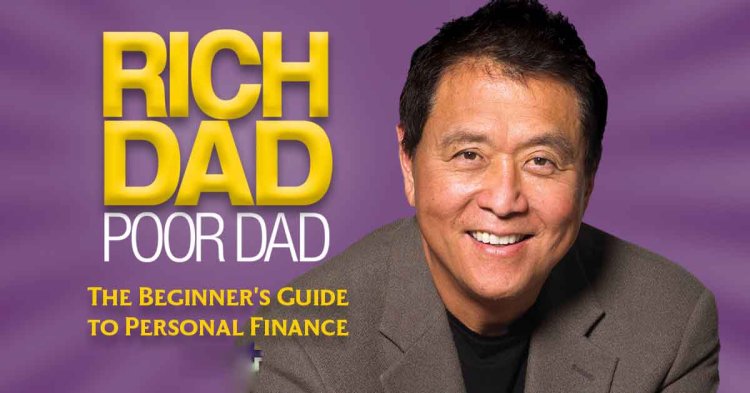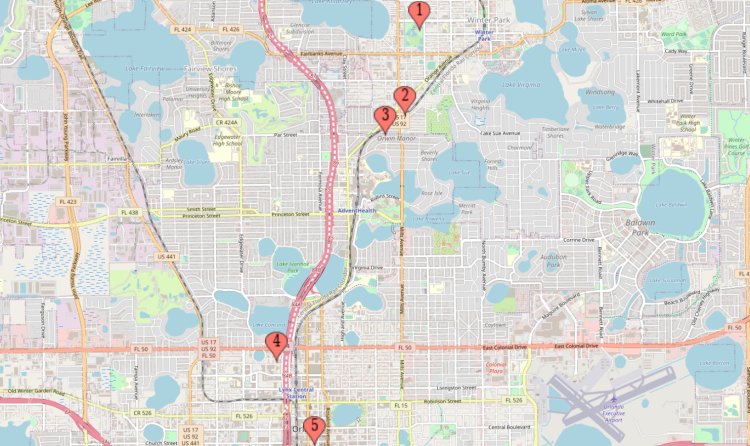Self-Help Grifters Deserve a 12 Step Program to Go Away

“The future is in your hands. If you can dream it you can do it. The sky is the limit so long as you believe in yourself. All things are possible.”
We’ve all heard these empty platitudes before, either as part of a 12 step program or in one or Joel Osteen’s “sermons.” But just like Mike Lindell‘s cheap pillows or a Benny Hinn healing crusade or a tuna sandwich from Subway, these sciolistic authors have any reasonable person asking, “where’s the beef?”
Whether you’re reading Rich Dad Poor Dad or something more spiritual in nature, the evidence demonstrates the only way to get rich from a self-help book is to write one— and even then it’s an uphill battle. Just go to your local garage sale and you can discover a graveyard of self-help books. All sorts of three, five, 10, 12 and 14 step programs rotting away in cardboard boxes filled with silverfish.
Above: Instagram self help gurus show the way to a successful life for their followers. Photo: Instagram.
Self-help focuses in on individual responsibility as the sole factor in success, and the metaphysical as the driver behind one’s destiny— supported by all kinds of logical fallacies and a constant application of particular examples to general situations.
For Dave Ramsey or Joel Osteen or Robert Kiyosaki, not one aspect of a person’s destiny is beyond their control— and if it is, “fate steps in and sees you through.”
For those with charisma and good looks and wealth, this stoic-styled philosophy seemingly culminates in a self fulfilling prophecy— easy to justify based on the very same flawed logic that serves as building blocks to this misguided set of principles (example: just take a peek at Roman emperor Marcus Aurelius, certainly not a poor man but a great proponent of self-help).
Sadly, the self-help and actualization movement (SHAM) fail to even acknowledge the origins of their beliefs before lecturing those more educated.
Fundamentally, the self-help community follows the same lineage as Plato, believing all knowledge emanates from an abstract world of forms beyond physical comprehension. When you see a circle, you don’t learn about it as a child, you remember it from a past life— or so these mystics would have us believe.
On the other hand, Aristotle’s focus on the external world and the senses as the prime indicators of reality contradict the fanciful world presented by the armchair philosophers of the self-help movement.
Each genre of self-help manifests in a unique way: from religion to entrepreneurship to investing or business guides. But rarely (although some rudamentary ways) do such programs focus on connecting particular, or complex data points. Never once to religious self-help programs focus on pottery shards from the Bronze Age in ancient Palestine. Neither do entrepreneurial or investing self-help programs examine the capital loss limitation rule or the exemption equivalent on the estate tax.
The truth is, self-help programs in any particular form create nothing more than an adult version of vacation Bible school, with a different theme for each person‘s preferences.
Just like self-help programs cannot fit everyone’s needs, to say that they work for no one would be incorrect. But the reasons behind why the programs succeed with some and not with others cannot be narrowed down to their own specific tenets, otherwise they’d be universal.
At a time in which our environment remains under fire from global warming and mass waste, we should all do our part by depositing these garage sale beauties in our nearest recycling bin.

 Marshall S. Swanson
Marshall S. Swanson 
















